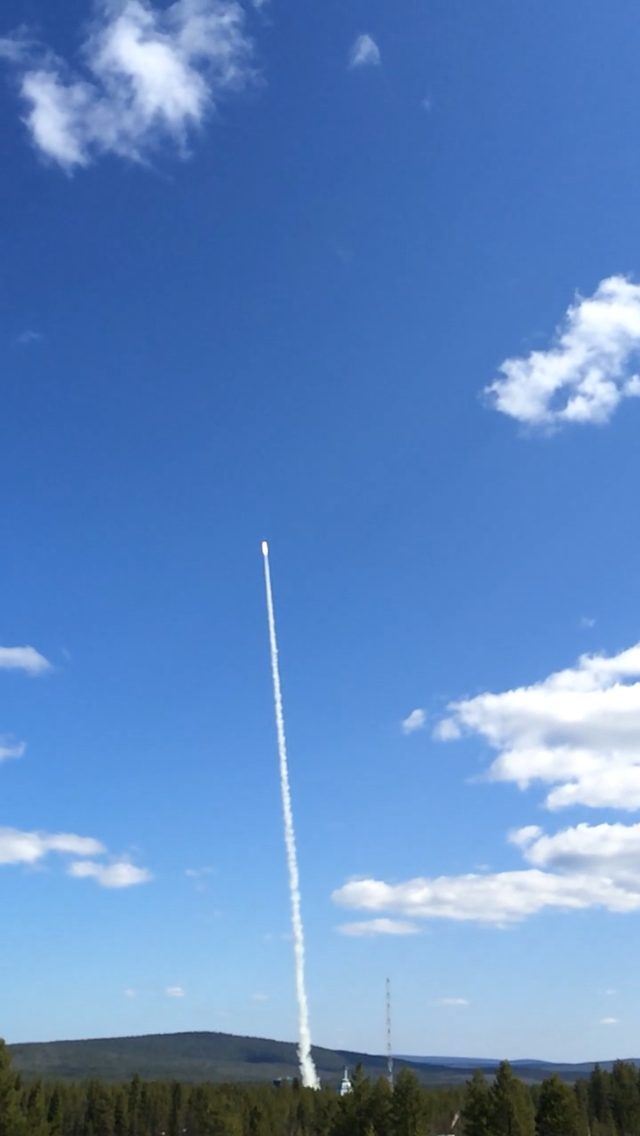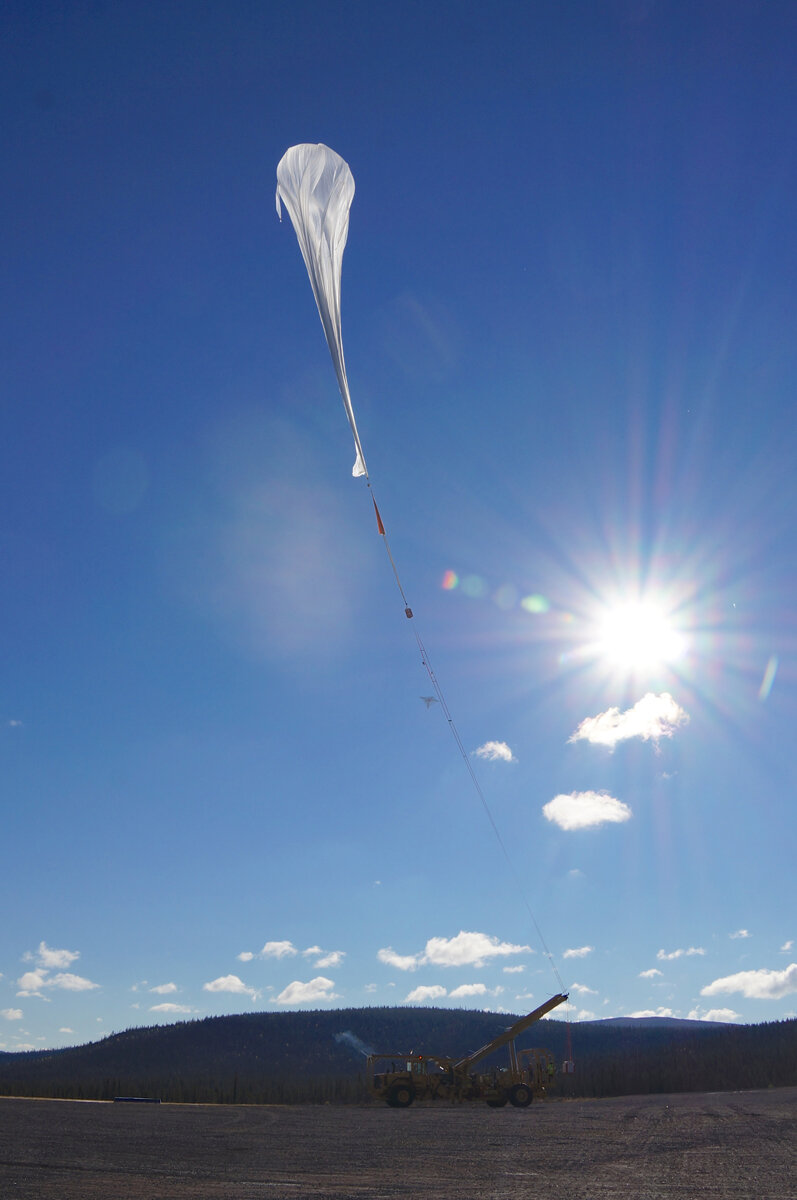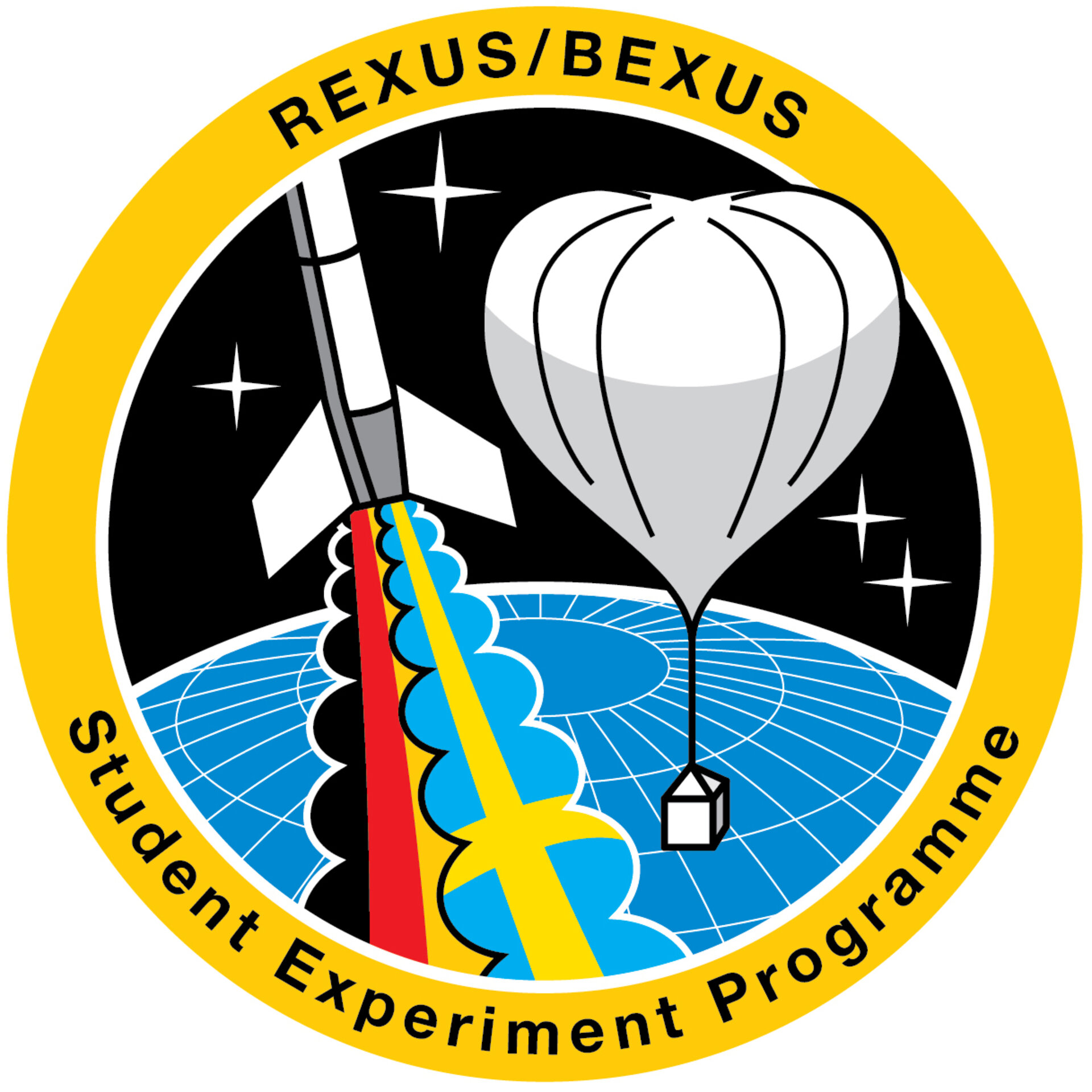REXUS/BEXUS programme now open again for university student proposals
The Swedish National Space Board (SNSB) and the German Space Agency (DLR) are again offering university students the chance to send their experiments into the stratosphere or mesosphere. The Rocket/Balloon Experiments for University Students (REXUS/BEXUS) programme provides two launches for each vehicle every year.
SNSB and ESA invite university students from ESA Member States and Cooperating States* to register on the ESA Education Office's project portal and upload their proposals by 13 October 2014. German students should apply via the parallel call for proposals from DLR.
BEXUS 20 and 21 are two stratospheric balloons that will launch in autumn 2015. They will ascend to an altitude of about 25 to 30 km, and stay in the stratosphere for 2-5 hours. They can each carry up between 40 and 100 kg experiment payload in total.
REXUS 19 and 20 are sounding rockets that will be launched in spring 2016. They each reach an altitude of between 75 and 90 km, higher than the balloons but the flight durations are shorter. Each provides approximately 5 minutes of experiment time with the possibility of experiencing about two minutes of reduced gravity conditions. The rockets each carry a total experimental payload of about 40 kg.

Both launch campaigns will take place at the SSC Esrange Space Centre near Kiruna in Northern Sweden. The programme gives students a feel for what contributing to a real space project would be like. This is because the REXUS/BEXUS programme follows the full lifecycle of a space mission, with no short cuts.
A proposal must be submitted in order to compete for the right to build an experiment. This year, the call for proposals is going out a few months early. This is to give student teams more time to consider their participation and shape their ideas before submitting a proposal. With the extra time, more teams are expected to apply, ensuring that the largest number of students possible have the opportunity to take part.
The selection is a two-step process. Following the submission of ideas by 13 October 2014, SNSB/ESA will choose up to 15 proposals to be shortlisted. These teams will receive an invitation to the selection workshop to be held at ESTEC on 2 - 4 December 2014, where the projects will be evaluated by a selection panel.

Up to 10 chosen SNSB/ESA teams will enter the REXUS/BEXUS programme and begin developing their experiment in parallel with up to 10 German teams.
If the experiment is chosen then it must be designed and produced to the highest possible standard. At each step of the process, reviews take place to make sure that the work is on course. Testing is an essential component, so that teams can prove that they are making good progress.
Feed-back from students who have already taken part in the programme indicate that the overwhelming majority feel they benefit from their participation
In an anonymous survey about the REXUS/BEXUS programme conducted in June 2013, more than 95% of the 163 students who responded stated that the project had increased their understanding of space projects’ lifecycles and processes, their design skills, practical skills, teamwork abilities, and other soft skills that contribute to their ability to work with others.
83.3% of respondents also stated that the REXUS/BEXUS experience was relevant for their career, with 38.8% saying that it was a springboard for their career and 43.4% saying it will be at some point*.
If you are interested in space and would like the chance for an insight into the space research and technology as part of your university studies visit www.rexusbexus.net and apply!
More Information:
The REXUS/BEXUS programme is realized under a bilateral Agency Agreement between the German Aerospace Center (DLR) and the Swedish National Space Board (SNSB). Through the collaboration with the European Space Agency (ESA), the Swedish share has been made available to students from all ESA Member or Cooperating States.
EuroLaunch, the cooperation between the Esrange Space Center of SSC and the Mobile Rocket Base (MORABA) of DLR, is responsible for the campaign management and operations of the launch vehicles. Experts from DLR, SSC, ZARM, and ESA provide technical and logistic support to the student teams throughout the project.
*N. Callens & all, “REXUS/BEXUS Rocket and Balloon Experiments for University Students”, 21th ESA Symposium on European Rocket and Balloon Programmes and Related Research, 9-13 June 2013, Thun, Switzerland (proceedings page 561-568)




